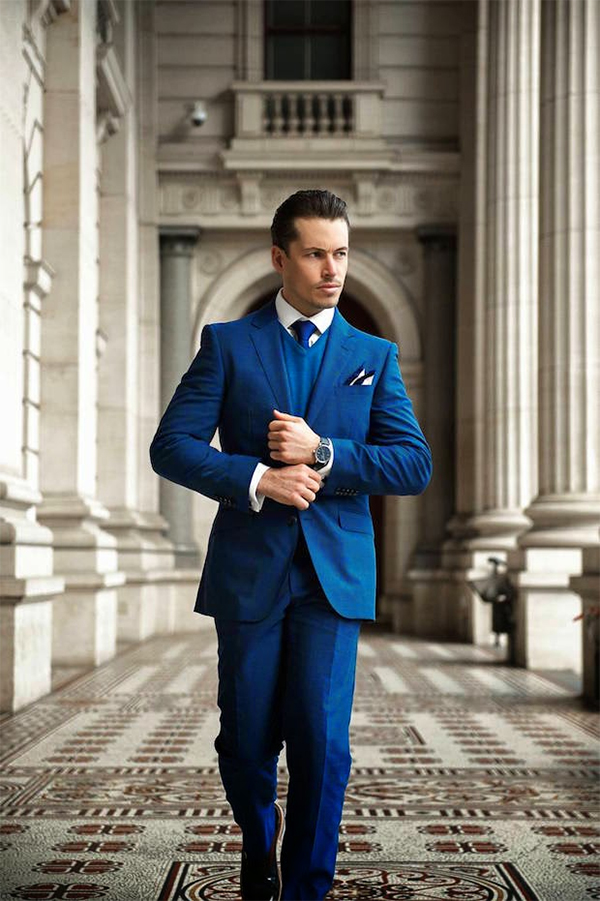Portrait photography is quite unique compared to other fields of photography. It is one of the toughest fields of photography because a photographer has to capture emotions, get lighting right and bring out the features of his or her subject. In portrait photography, it is important that you as a photographer get your techniques to spot on. Here are some tips to help you improve your skills as a portrait photographer.

The standard rule of portrait photography is to capture images at eye level. As a newbie portrait photographer, you would want to maintain this rule. Once you get the hang of it, you can play around with angles. This technique will actually surprise you, and bring out amazing pictures. It will also help you gain confidence as a photographer as you will be trying new things. Sometimes, clicking a portrait from another angle or a different level will bring out amazing results.
2. Control shutter speed

One of the key things to keep in mind to get good quality portraits is shutter speed. Since you will be clicking pictures of people, it is important that you do not get blurred images or those with a lot of noise (grainy pictures). To negate this, it is essential to know the right shutter speed. The rule is not to go below 1/60 on a normal zoom lens, and below 1/20 on a wide angle lens. When clicking with a wide angle lens, ensure the distance is 18mm. It is not easy to master shutter speed, especially in low lighting, but with practice, you can master the art of getting good images.
3. Be aware of the frame

The recipe for a good portrait photograph is composition. Therefore, it is important for photographers to frame their portraits well. Pay attention to what is around you and frame the picture around your subject. To make sure something is well framed it does not mean that everything has to be inside the frame but you may want the audience’s focus to be on the main element of your image at first glance.
4. Experiment with lighting

Lighting is the catalyst of your image, so it is a good idea to plan it well. If you do this, your portrait image is going to be amazing. There is no rule in photography concerning light, the effect you can create depends on what you want to achieve. You can use low lighting and still get amazing pictures if that is the effect you want to create. Experimenting with lighting is extremely tricky, so you would want to practise different scenarios and settings, before actually getting into clicking the real picture.
5. Experiment with a wide variety of themes

To create that wow factor, it is important to do something different. In the modern world, once a trend catches on, everyone wants to follow and after a while, it gets boring, the same applies to photography. A good photographer is someone who does something different, so if you want to follow the route to being a good photographer, try and play around with lighting, click portraits at someplace new, use different angles or you can even try and use props.
6. While shooting indoors, take test shots

Unless you are using high power lights, shooting indoors can be tricky. Normal lighting can vary from spot to spot within a room, so it best that you take a few test shots in the scenario you have and according to gauge your camera setting for a shoot. If possible, use light meters to get accurate readings, you can either purchase them online or rent one. Different lighting angles will result in a different indoor portrait photography effect. All you have to here is to try the different lighting positions and see which one works well for you. Such lighting angles include the right side, above, the left side, below and from behind your subject.
7. Know the best camera and lenses for portraits

Not all cameras are similar, each is different and serve a unique purpose. While some are suited for a certain type of photography, others will be suited for another. For example, for portraits, you would want a high-end full frame camera with fast shutter speed. For landscape and nature, you would want a DSLR camera with a zoom lens.
